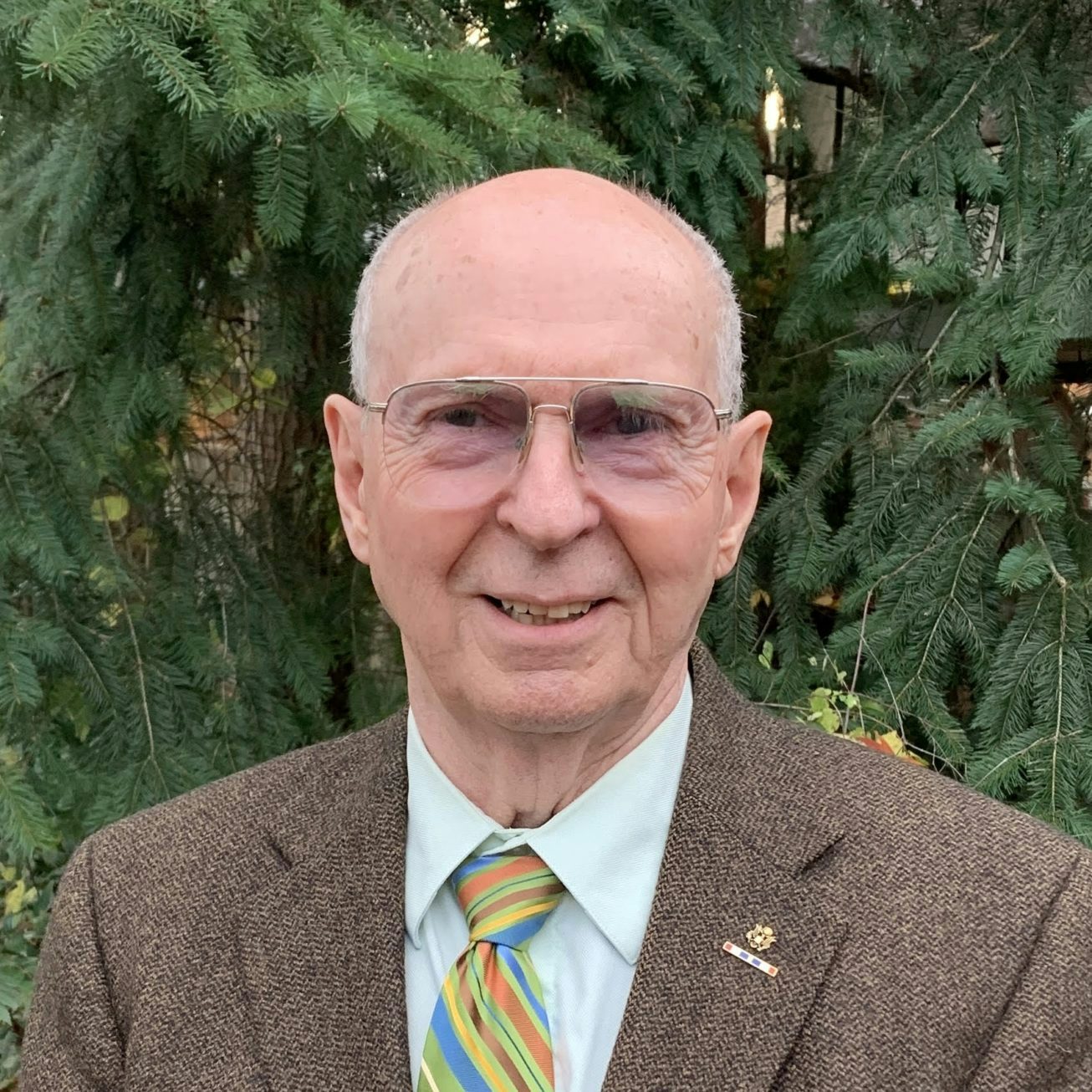Hunger on the ballot: What John Sweeney stands for
Hunger on the ballot: What John Sweeney stands for
The priorities of our elected officials can make a major difference in the day-to-day lives of Oregon families and communities. Below they answer our questions and share their vision to end hunger and its root causes.
The Governor's responsibility to ensuring food access
Question 1
More than a million Oregonians, from every single county in the state, accessed food assistance through the Oregon Food Bank Network in 2021. Since the beginning of the pandemic, more than 702,000 Oregonians have participated in the Supplemental Nutrition Access Program (SNAP, sometimes referred to as “food stamps”). What are the responsibilities of the Governor to ensure that our communities have consistent access to nutritious, culturally-appropriate food?
Answer
I think that all public assistance should come through the counties.. With coordinating the efforts between private and public agencies. That is the county with the cities in that county. And, private agencies (food bank/good will/salvation army/sunshine division & so on). And, with the state doing back up for more of the needs.
Systemic racism and hunger
Question 2
Community members who are Black, Indigenous or People of Color face significantly higher rates of poverty and food insecurity than White Oregonians.
What role, if any, do you believe systemic racism plays in causing hunger?
What policies and programs would you support to reduce poverty and food insecurity in these communities?
Answer
- Many of them feel down and need encouragement to feel that they are important. Because they are important and part of our greater society.
- More backing up of #1 above. It will work out better in the long run.
Essential food workers and food insecurity
Question 3
From the fields to the grocery store, our food industry is anchored by essential workers who are immigrants. Yet the workers who keep food on our tables are among the lowest paid in Oregon. As governor, what would you do to ensure that the people who grow, process and serve our food do not experience food insecurity themselves?
Answer
Would enforce the laws regarding pay and OT. It needs to be equal for all. I believe in equal work/equal responsibility and equal pay.
Food insecurity in rural, urban and suburban communities
Question 4
From Ontario, to Portland, to Tillamook, rates of poverty and food insecurity are relatively similar. As governor, how would you design solutions to poverty and hunger across rural, urban and suburban communities?
Answer
I think [Question] #1 applies to this.
Barriers to BIPOC farming
Question 5
Of the state’s 67,595 farm producers, only 64 were Black in 2017. Black, Indigenous and People of Color have long experienced barriers in access to land, infrastructure and markets to support farming — negatively impacting both food production and economic development in communities.
Does the governor have any responsibilities to remove barriers to farming for Oregonians who are Black, Indigenous and People of Color?
If yes, what policies and programs would you support?
Answer
- I would support equal treatment in loans and land sales.
- I would have an open line into the Civil Rights Office.
Affordable housing
Question 6
Oregon faces a crisis of affordable housing. People who request food assistance consistently cite the cost of housing as a primary reason for seeking help — and renters are more than six times more likely to experience hunger than homeowners. As governor, what will you do to move us toward an Oregon in which everyone has safe, affordable and healthy housing?
Answer
I will work to get more funding for housing.
Caregivers and food insecurity
Question 7
The work of caring for one another is disproportionately shouldered by women. While the labor of caring for children, the elderly and people with disabilities is often unpaid, professions of childcare and home healthcare are among the lowest paid in Oregon. Single mothers and caregivers are over three times more likely to experience hunger than the general population. As governor, what will you do to ensure that the people providing care in our communities do not experience food insecurity?
Answer
I will work with the legislature to get better programs for our disadvantaged people. Wherever they are.
Hear from each candidate
Read everything the candidates had to say on anti-hunger policies by clicking on their photo below.
